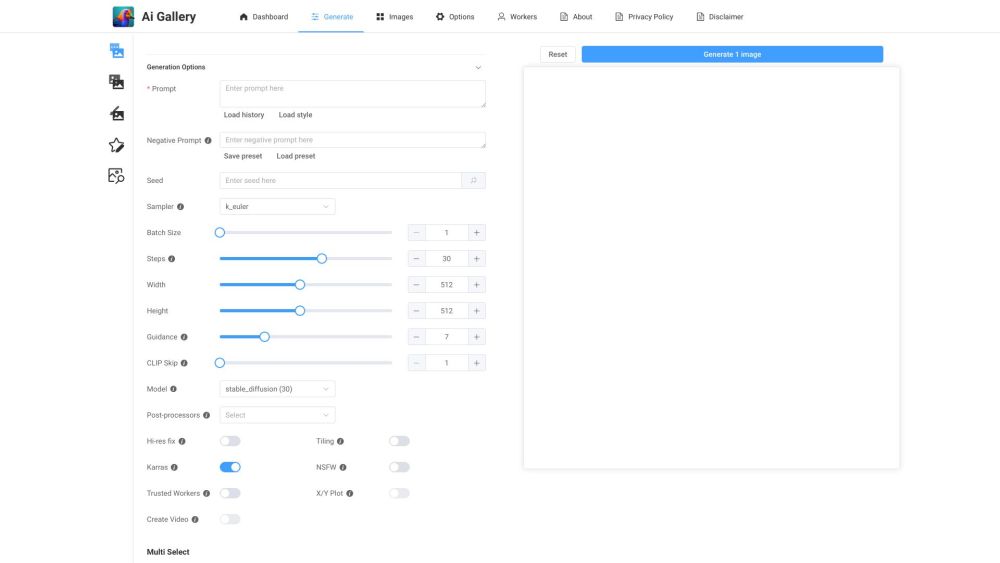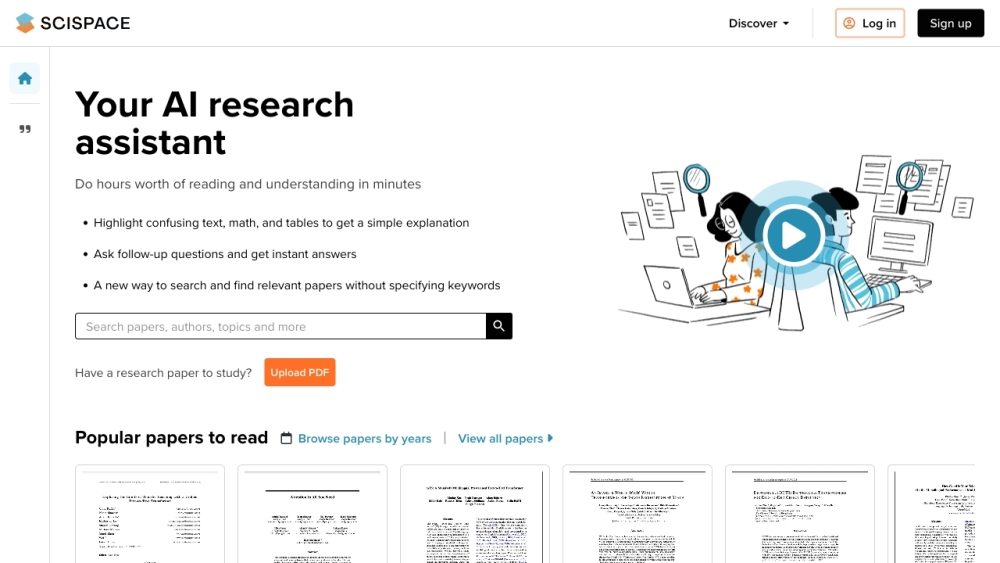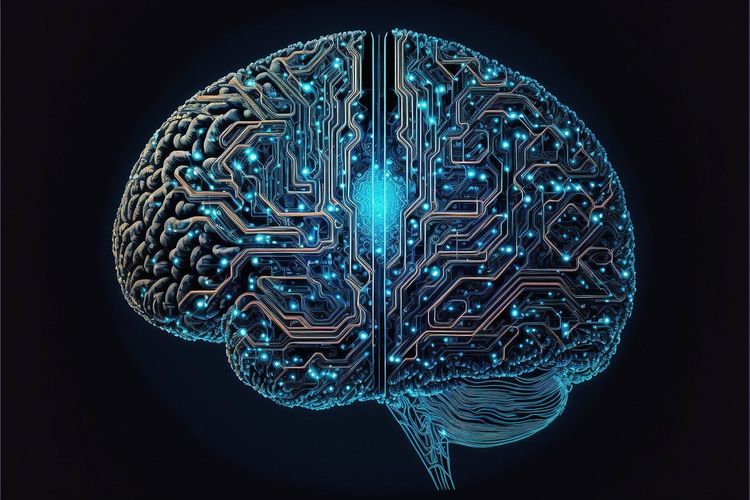AI may not be targeting every job, but certain roles are definitely at risk.
During a February earnings call, UPS CEO Carol Tomé noted that the company’s largest layoff in its 116-year history was partially influenced by new technologies, including AI. Similarly, IBM CEO Arvind Krishna indicated to Bloomberg last year that the company plans to pause hiring for positions likely to be automated by AI.
Workers’ outlook is grim. A recent McKinsey survey revealed that 25% of business professionals anticipate layoffs due to AI adoption. Their concerns are not unfounded. An estimate suggests approximately 4,000 jobs have already been lost to AI since May. Additionally, a poll conducted by Beautiful.ai, which creates AI-driven presentation software, found that nearly half of managers are considering AI to replace human workers.
In response, a group of major tech companies and consultancies, known as the AI-Enabled ICT Workforce Consortium (ITC), aims to counter the narrative that AI will cause widespread job losses. Instead, they emphasize the importance of re-skilling and upskilling, particularly within the information and communication technology (ICT) sector.
Led by Cisco, with participation from Google, Microsoft, IBM, Intel, SAP, and Accenture, the ITC focuses on understanding AI’s effects on jobs while facilitating access to AI training programs and connecting employers with a “skilled and job-ready” workforce, as a spokesperson shared during a recent briefing.
“The ITC's approach will assess AI’s impact on various job roles, including required skills and tasks, and provide training recommendations for an AI-ready ICT workforce,” the spokesperson explained. “Consortium members and advisors are united in the belief that urgent action is needed to understand AI's effects on critical job roles in the ICT Industry.”
In its initial phase, the ITC will analyze the implications of AI on 56 ICT job roles, providing training suggestions for affected positions. Although the specific roles have not yet been disclosed, they were selected for their “strategic significance” within the broader ICT landscape and AI’s influence on the tasks associated with those roles. This includes positions that offer “promising entry points” for entry-level workers.
“These job roles represent 80% of the top 45 ICT titles with the highest job posting volumes from February 2023 to 2024 in the U.S. and five major European countries (France, Germany, Italy, Spain, and the Netherlands),” the spokesperson noted. “Together, these nations represent a large segment of the ICT workforce, totaling around 10 million professionals.”
The ITC plans to release its findings in a report this summer, but a clear roadmap for future initiatives has yet to be established.
“The Consortium will outline its ‘phase 2’ plans by mid-2024,” the spokesperson stated. “As we move towards this next phase, we may invite other organizations and institutions to join us in supporting an AI-enabled ICT workforce.”
This raises a critical question about industry consortiums like this. If the goal is to ease concerns about AI undermining job security, tech leaders must offer more than vague assurances and reports. IBM has committed to equipping 2 million people with AI skills by 2030, while Intel aims to upskill over 30 million in the same time frame.
“Consortium members have set ambitious goals for skills development and training programs that aim to impact over 95 million individuals globally over the next decade,” the spokesperson affirmed.
However, uncertainty looms over the future availability of AI roles. A recent analysis by Lightcast, a labor market analytics company, indicates that demand for AI positions is actually declining. In 2022, AI-related jobs constituted 2% of all job postings in the U.S., but this dropped to 1.6% in 2023.
“Consortium members are dedicated to creating pathways for workers in sectors that are set to increasingly incorporate artificial intelligence technology,” the spokesperson articulated. “This represents a voluntary and transparent collaboration across companies to gauge the impact of AI and identify upskilling opportunities for technology roles likely to be affected.”
I’ll hold off on judgment until we see these “real, tangible” recommendations. Ideally, they will be accompanied by actionable steps—any action, really. Big Tech has hefty commitments to fulfill, especially regarding the evolving landscape of work and the role of the tech industry in shaping it.






